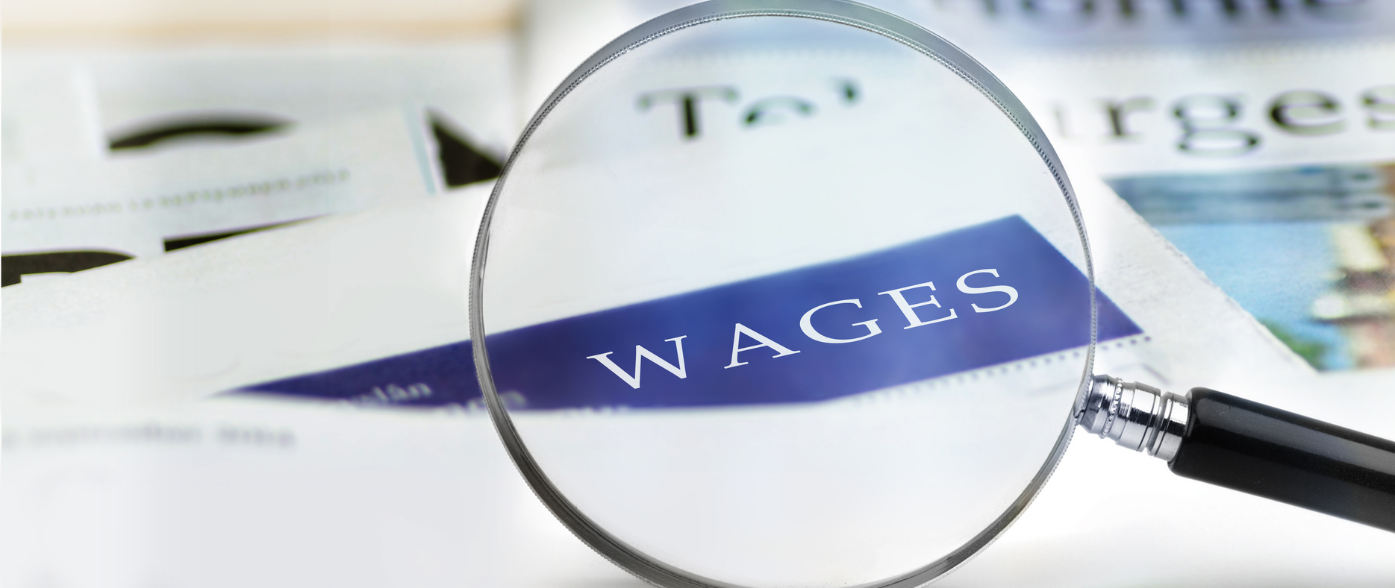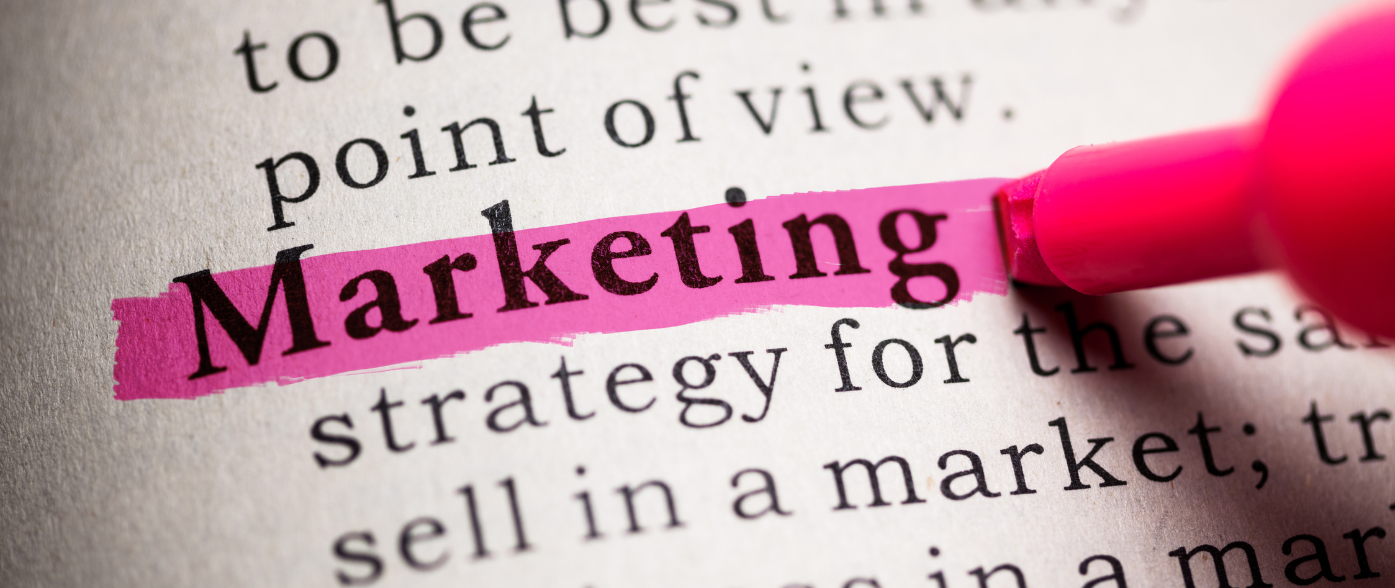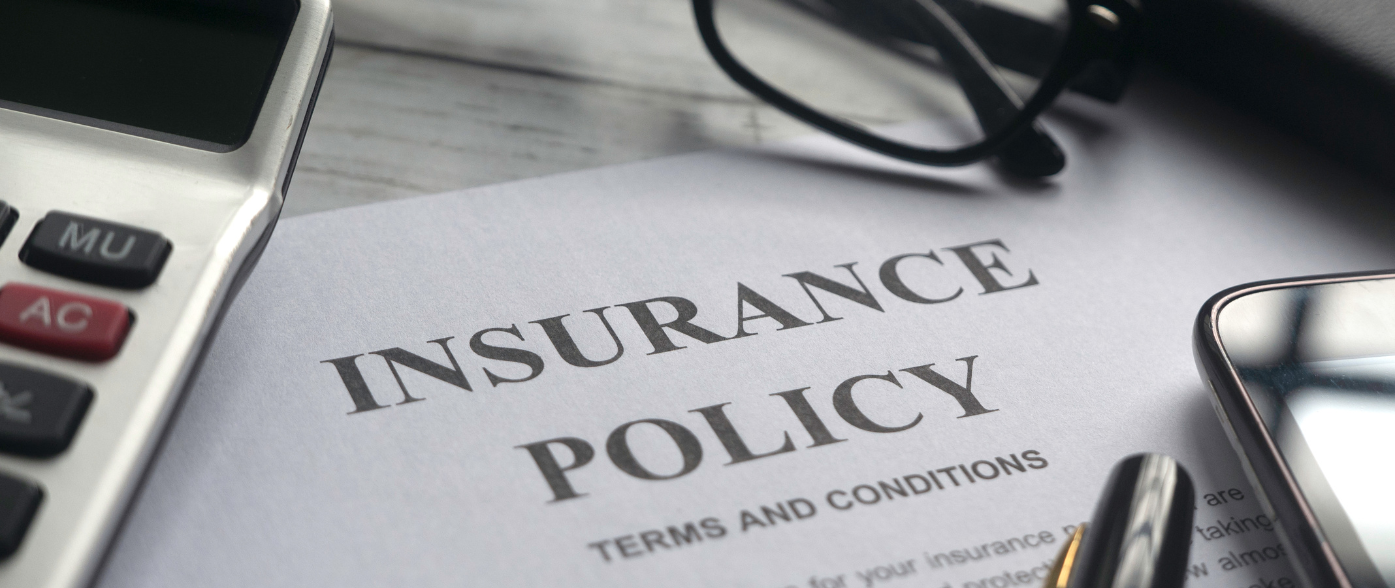Eight tax-deductible expenses every restaurant owner should know!
- TBA
- Apr 19, 2024
- 4 min read
Updated: Mar 17
Thinking about becoming a restaurant owner in the UK? Being a boss is not easy! Not only do you need a certain business acumen, but you also need to know how to reduce operating costs by saving expenses whilst managing staff, satisfying customers, and still maintaining food quality.
Did you know that one of the key steps to saving costs for your restaurant is proper tax planning? If you’re a restaurant owner, be sure to accurately record some expenses – you could get back some taxes!
Depreciation of assets
If you want to open a restaurant, you may need to purchase a commercial building and purchase kitchen equipment and/or furniture. In that case, you can leverage these expenses—by declaring ‘depreciation of assets’ to some funds back.
‘Depreciation’ refers to the decrease in the value of assets over time, primarily due to wear and tear. According to current rules, depreciation does not need to be taxed. Instead, as assets depreciate, you can deduct the depreciation value from profits through capital allowances, thereby reducing taxable income.
Generally, there are two methods for calculating depreciation:
Straight Line Depreciation:
For example, the cost of a computer is £1,000, with an expected life of 4 years, meaning the annual depreciation rate is 25%. Under the straight-line depreciation method, the annual depreciation amount is £250. Thus, each year, £250 is transferred from the balance sheet to the profit and loss statement. Therefore, after one year, the value on the balance sheet becomes £750, with £250 of depreciation recorded in the profit and loss statement.
In the second year, the depreciation of the computer is £500, with another £250 recorded in the profit and loss statement.
Reducing Balance Depreciation:
This method is suitable for fixed assets that gradually depreciate, but whose lifespans cannot be accurately estimated. For example, the cost of a van is £8,000. In the first year, 25% depreciation is allowed, which is £2,000, leaving a balance of £6,000. In the second year, 25% depreciation is calculated from the reduced balance of £6,000, which is £1,500, leaving a balance of £4,500, and so on.
When you purchase a new asset, it’s best to consult an accountant in advance to confirm whether the asset qualifies under the depreciation rules, and the specific calculations involved.
Employee wages, benefits and pensions

As a restaurant owner, employee wages and benefits will account for a significant portion of your expenses. Fortunately, since they are part of business expenses, you can reduce taxes by deducting the following expenses when calculating business turnover:
Wages and salaries: In addition to the amounts paid to employees, employers can also deduct National Insurance (NI) contributions and PAYE paid to HMRC, as well as the employer’s own NI contributions
Benefits-in-kind: employee compensation benefits may not only include wages or salaries, but employees may also receive non-cash benefits such as company cars or private healthcare
Pension payments
Statutory payments: most employers are required to pay statutory payments to employees—statutory maternity pay, statutory paternity pay, statutory adoption pay, and statutory sick pay
It’s important to keep detailed records for future verification of these claims.
Rent, Utilities, and Maintenance Fees
Business expenses also include rent, utilities (water, electricity, gas), and maintenance fees for renting restaurant space and maintaining restaurant operations. These can all be deducted from profits to reduce taxable income.
Additionally, if you’re using your own property to run the restaurant, you can deduct expenses related to mortgage interest, property tax, and maintenance.
Marketing and Advertising

Every owner should know that marketing is essential—it’s the first step in attracting customers.
Therefore, every restaurant will plan to invest some money in marketing and advertising, such as social media advertising, traditional media advertising, website operations, etc.
Be sure to keep detailed records of these expenses—all of which are deductible for tax purposes.
Office Supplies and Software
If your restaurant has its own office, you may need to purchase documents, computers, various technological supplies, and software.
Don’t overlook these expenses —these are also considered business expenses, and therefore qualify for tax deductions.
Vehicle Repairs and Maintenance
Many restaurants offer delivery services. If you buy a vehicle for the restaurant and use it for delivery, you can deduct up to 50% of any car maintenance costs.
If the car is used for business 50% or more of the time, 50% of the costs can be deducted.
Administrative Costs
Administrative costs for the company include business entertainment, travel, communication, and transportation expenses.
If you can ensure that these administrative expenses are entirely for restaurant business purposes, they can be deducted from operating profits.
Business Insurance

Various business insurances, such as liability insurance and property insurance, are also deductible. These insurances are crucial for protecting restaurants from unexpected events, and their costs can be written off.
Alright, these are the eight important expenses that help restaurant owners save costs! Have you remembered them? As long as you understand these tax rules, you can increase the profitability of your restaurant.
However, tax regulations are complex and are subject to change. We recommend that you consult with an expert accountant to help you plan ahead to optimise your restaurant finances for growth and profitability.
